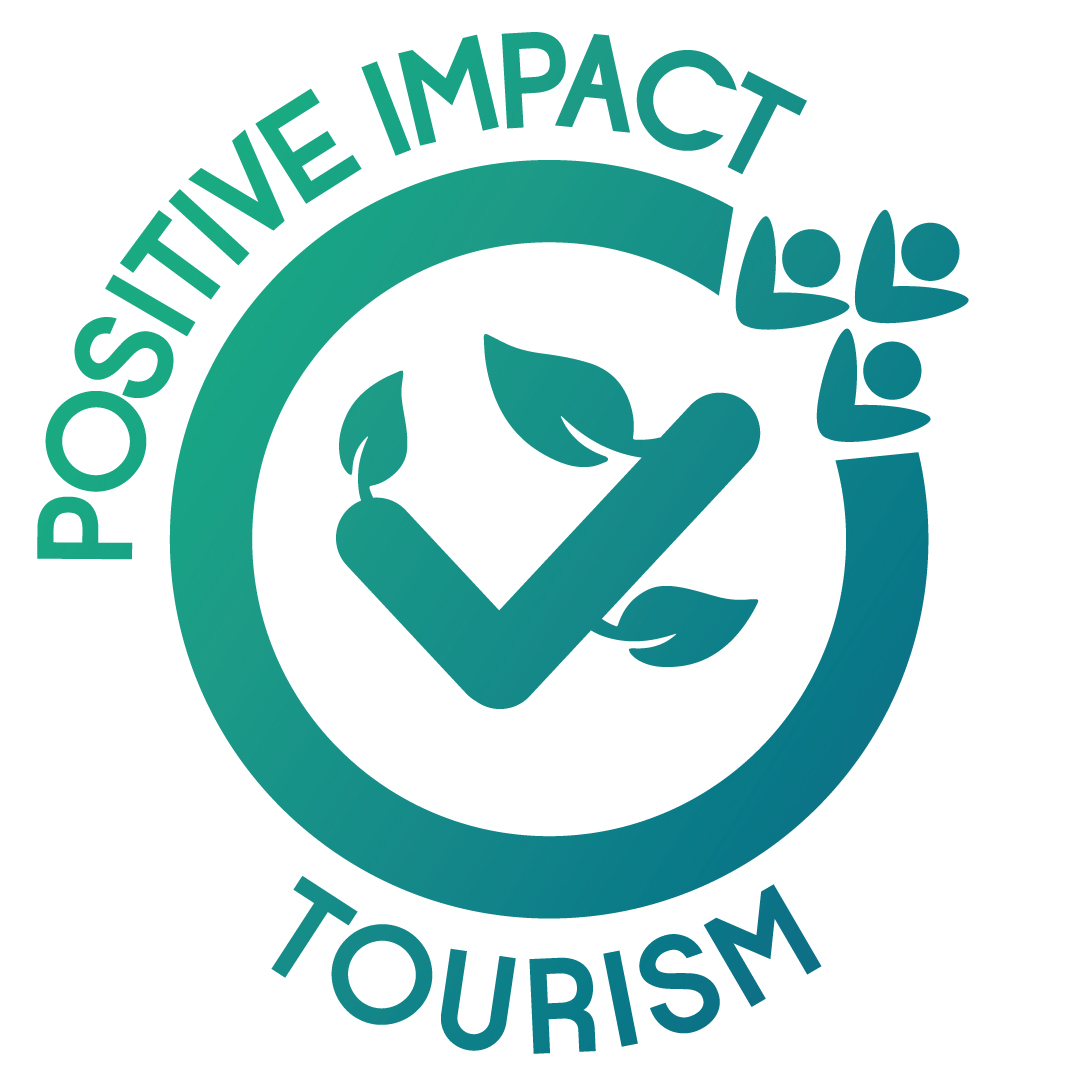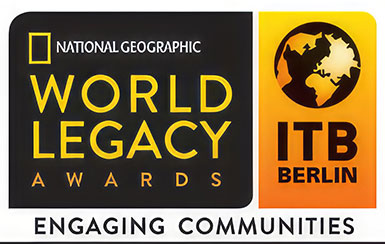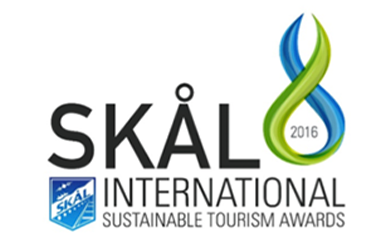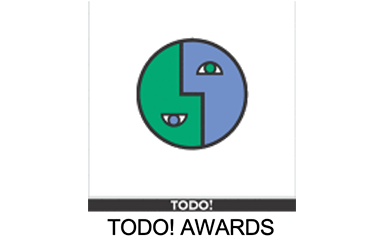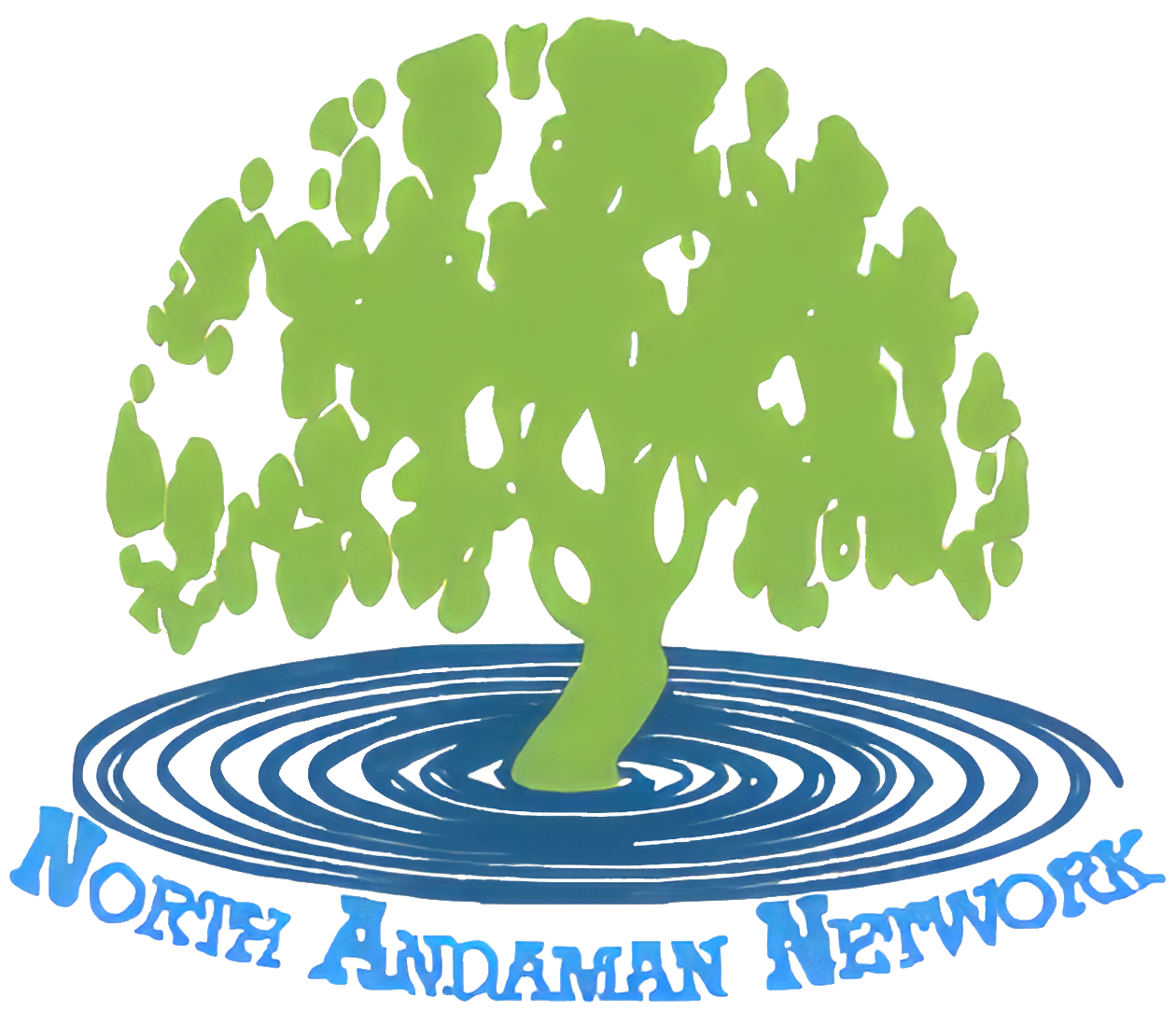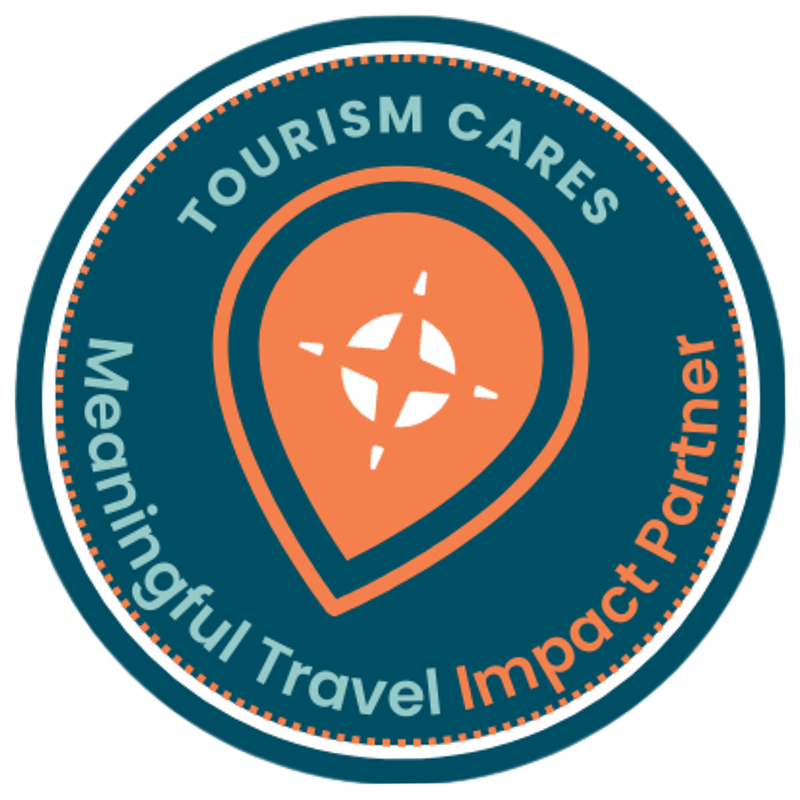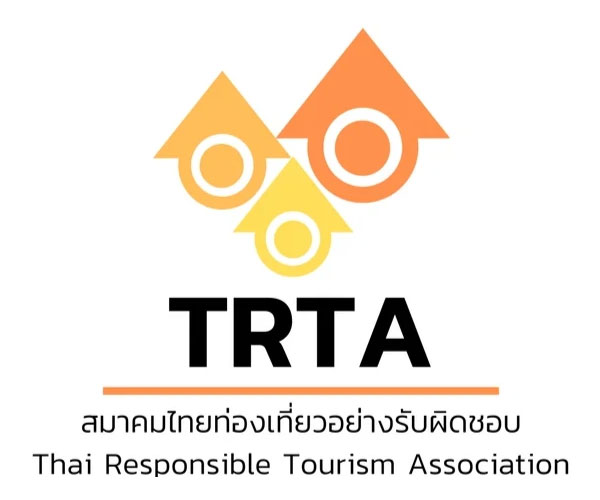Surin Islands
The Surin Islands are located 60 kilometers from the coast of Phang Nga province. There are five main islands: Koh Surin Nua, Koh Surin Tai, Koh Ree (or Koh Satok), Koh Glang (or Koh Pachumba) and Koh Khai (or Koh Torinla). Koh Surin Nua and Koh Surin Tai are large islands and are situated on a north-south axis. A few kilometers to the north of the park is the Myanmar border and about 100 kilometers to the south is Mu Koh Similan National Park.
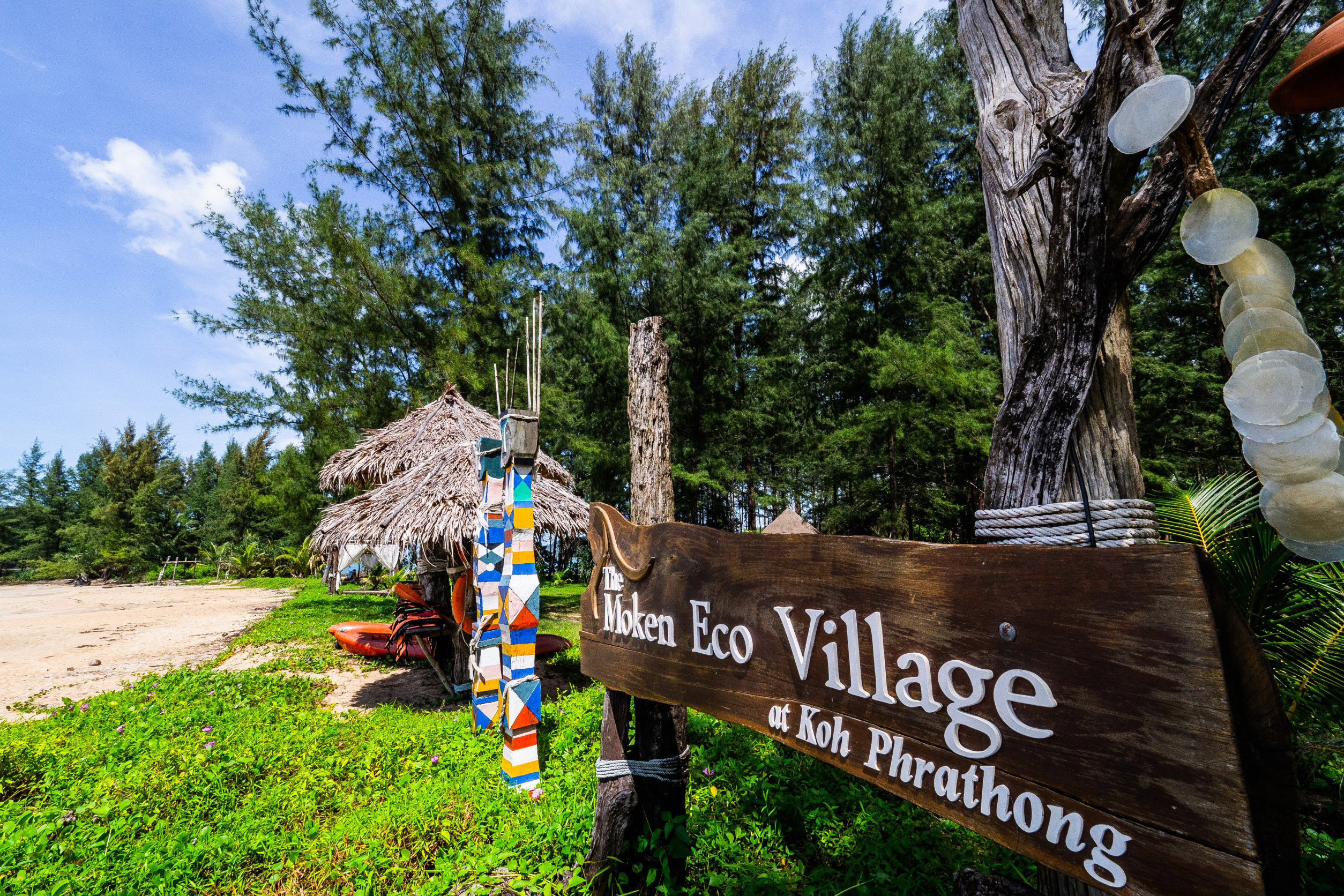
3 Day Tour
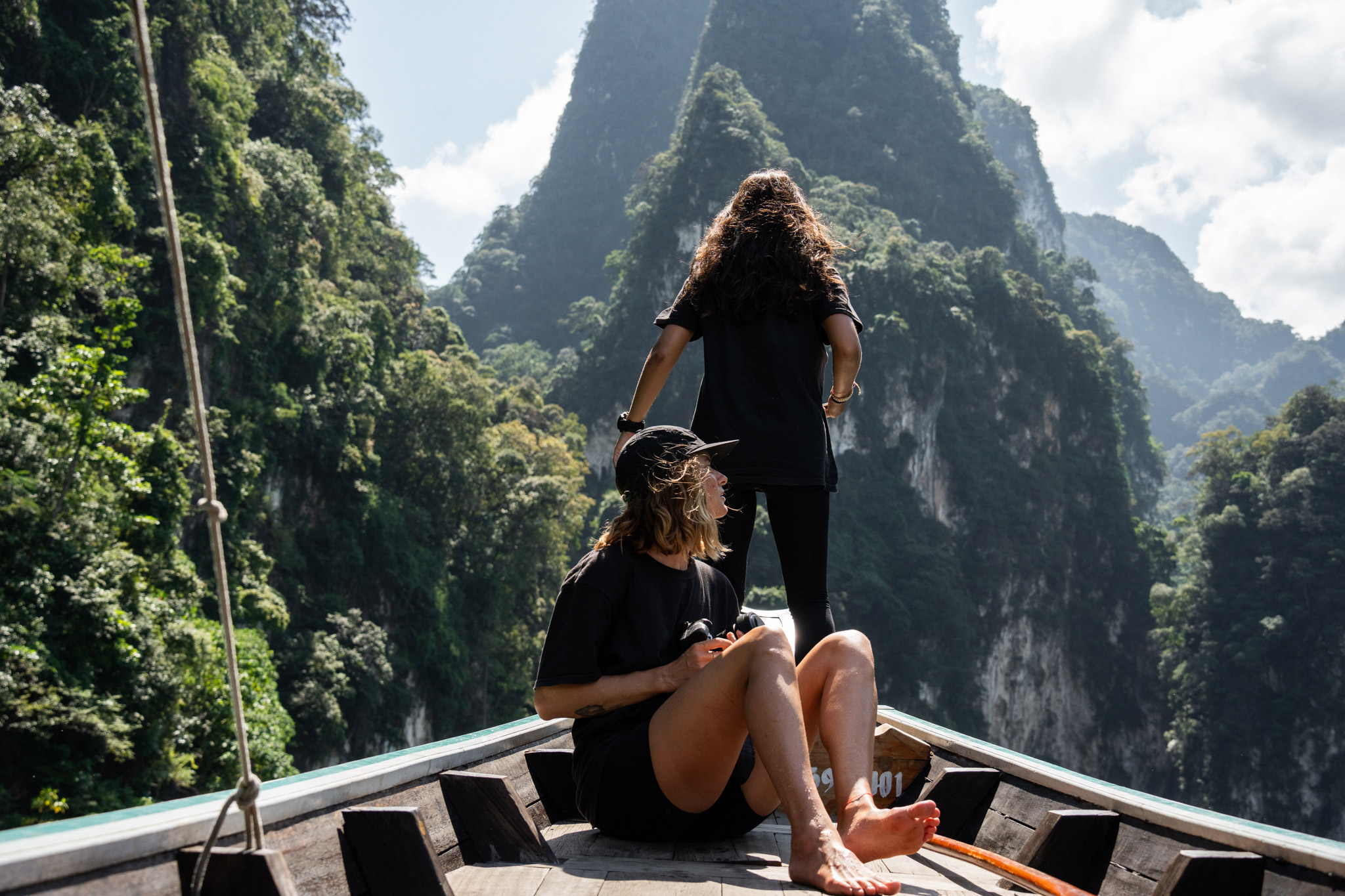
6 Days 5 Nights
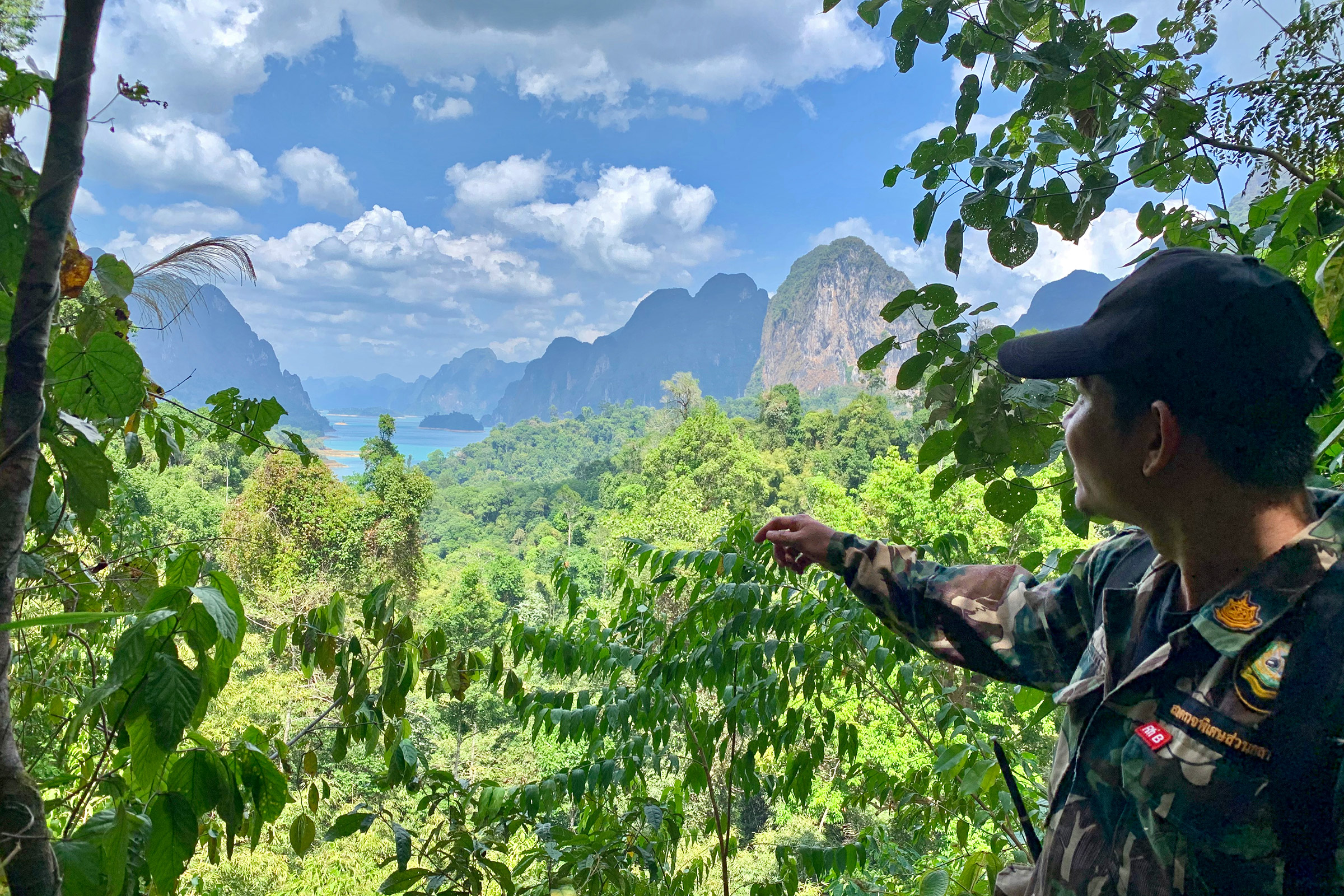
5 Days 4 Nights
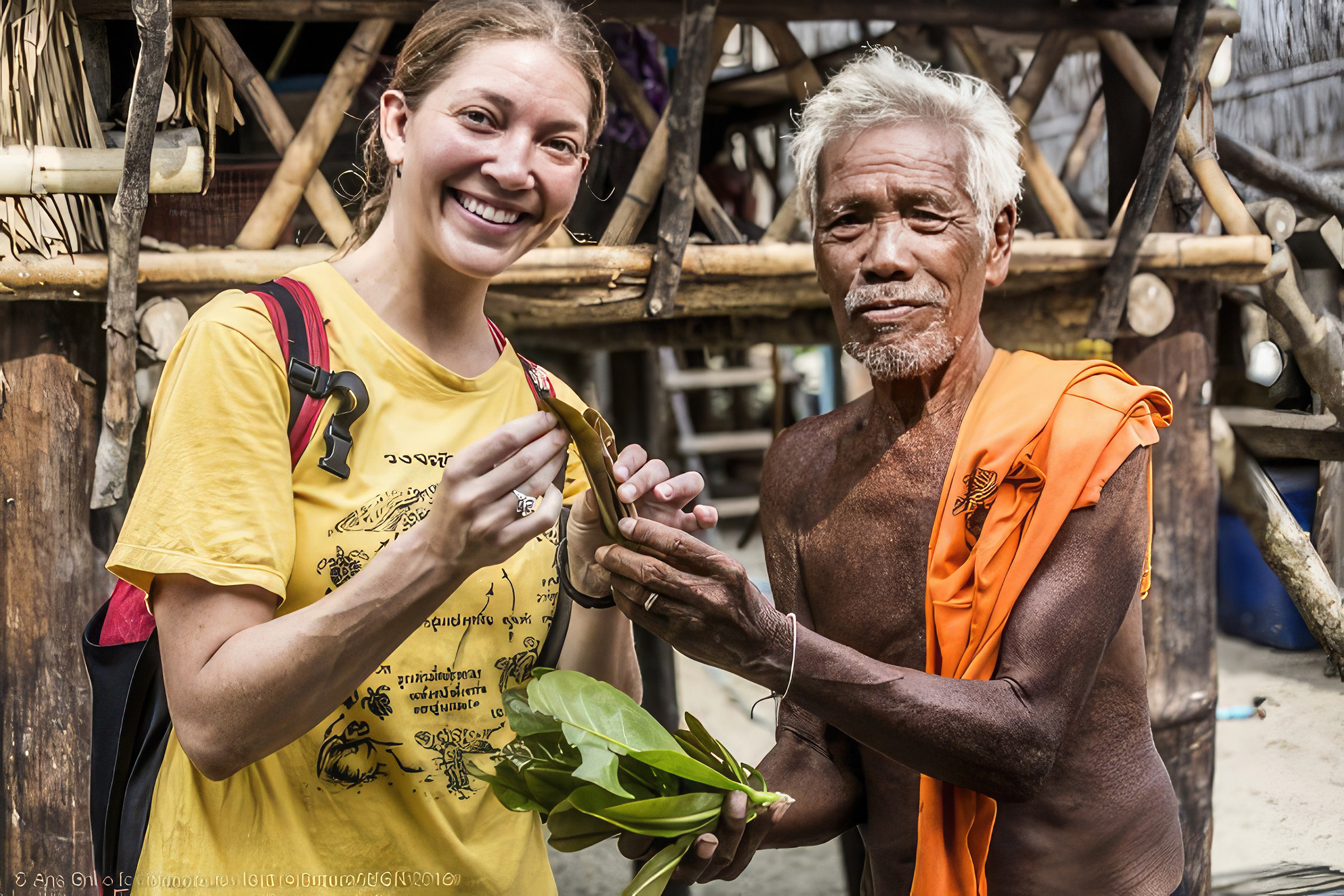
6 Days 5 Nights
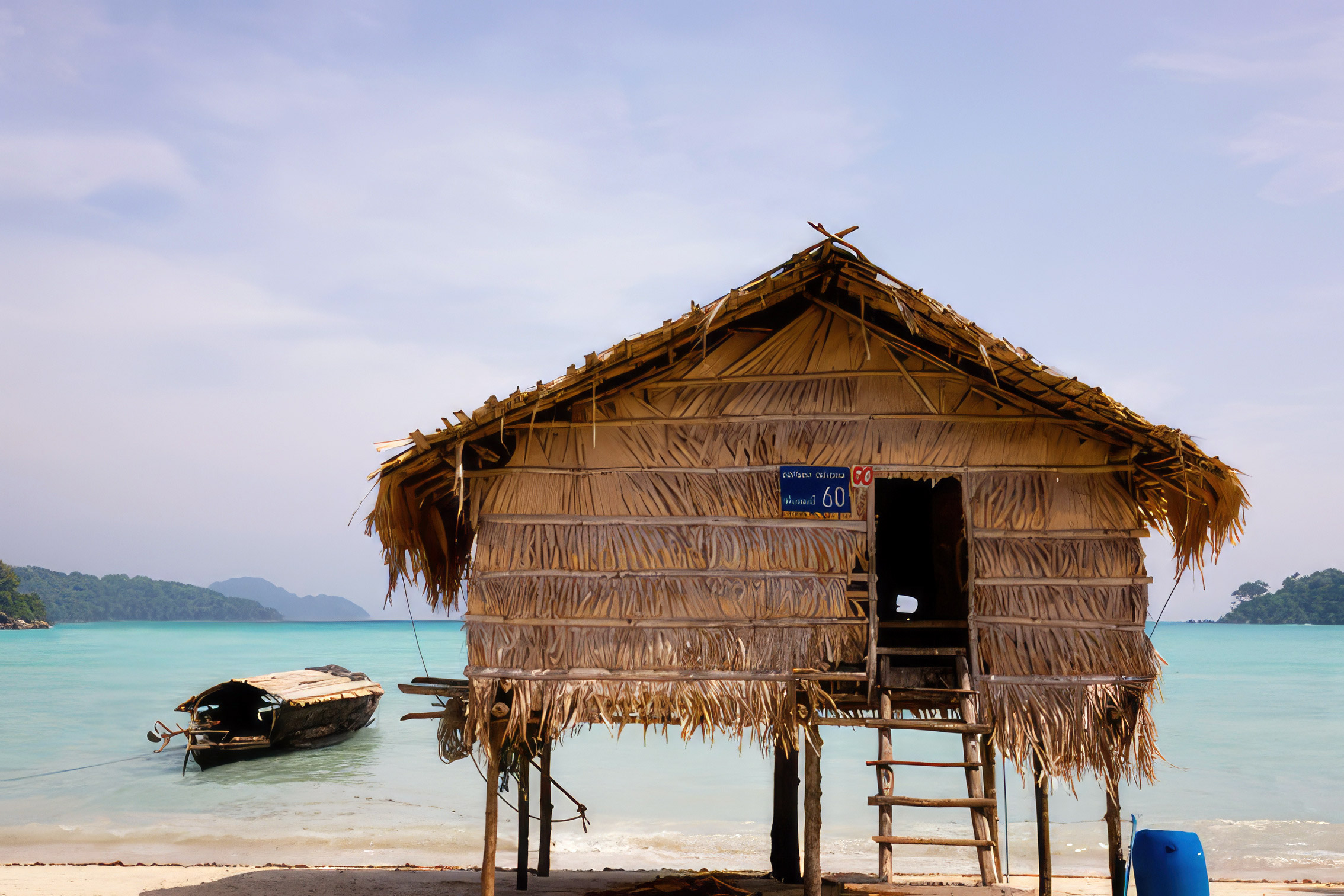
Day Tour
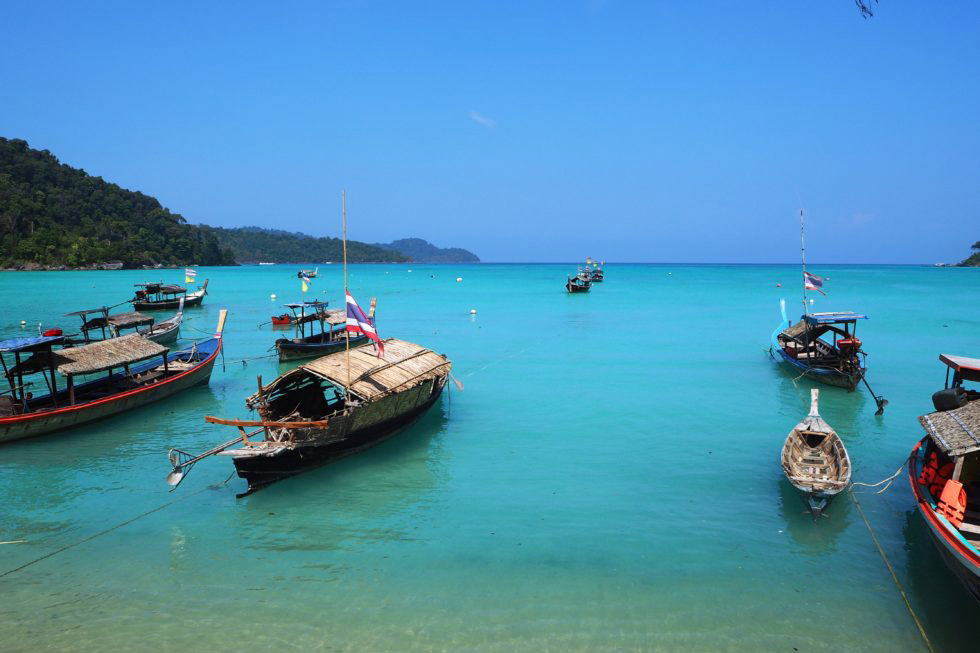
2 Days 1 Night
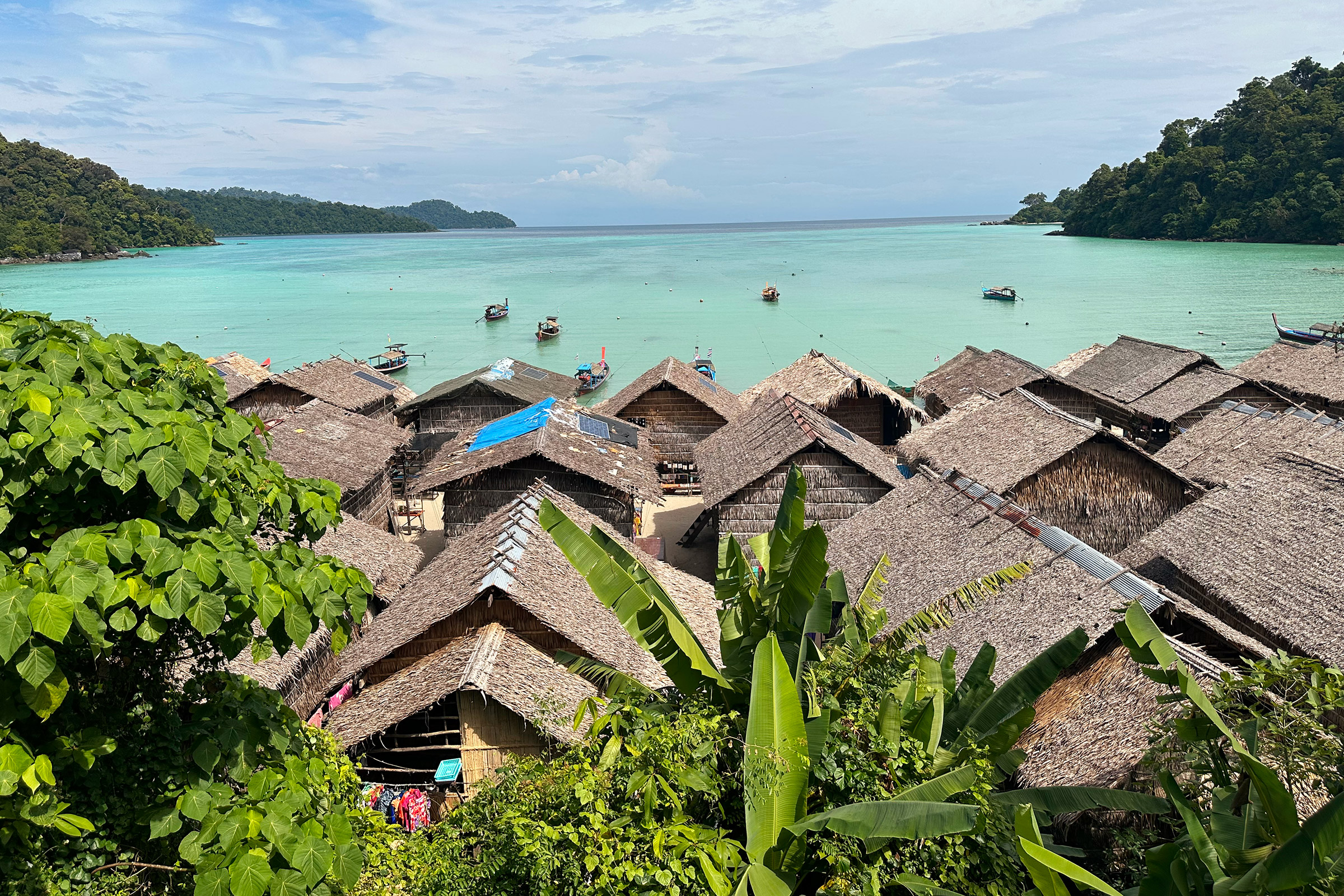
3 Days 2 Nights
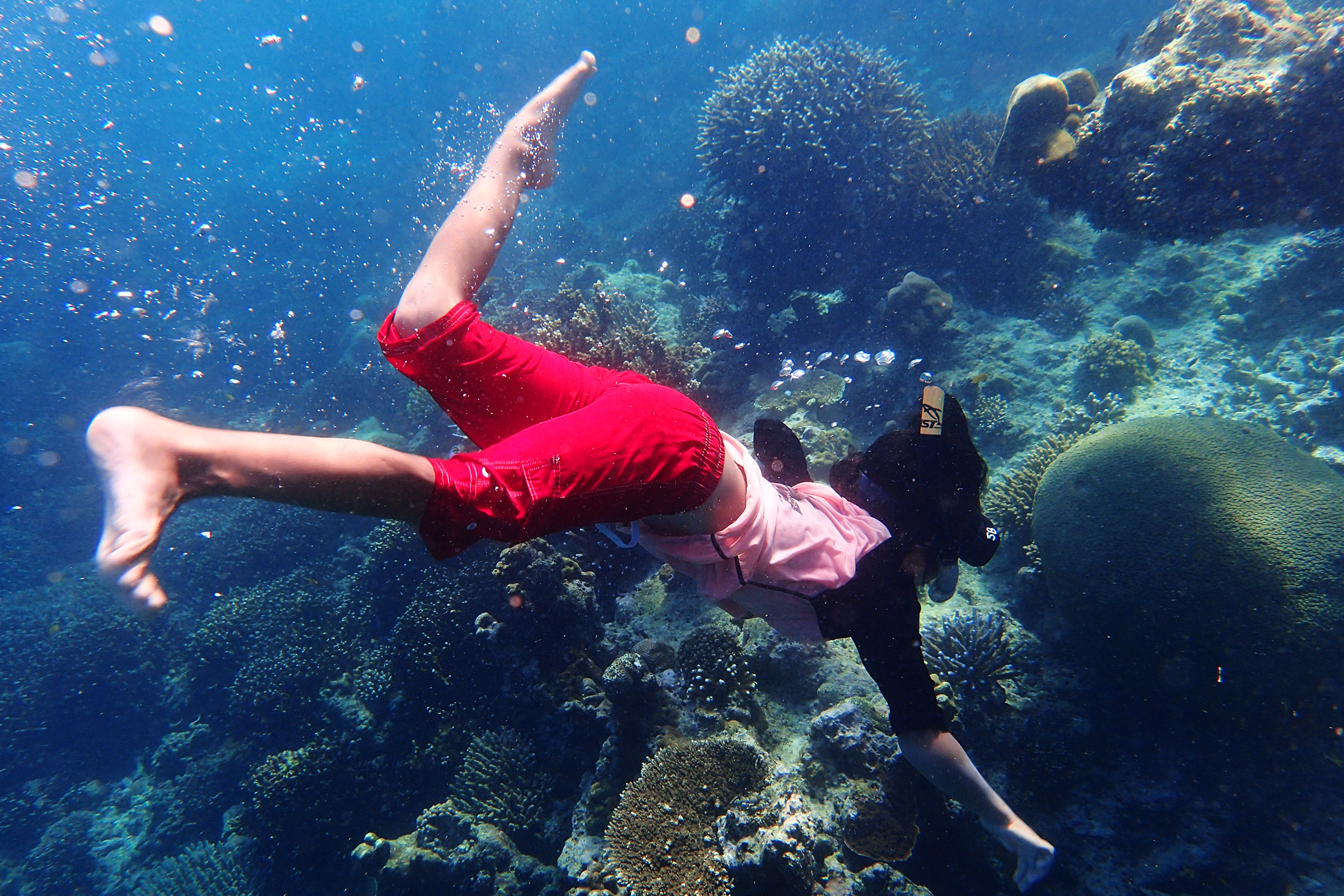
Day Tour
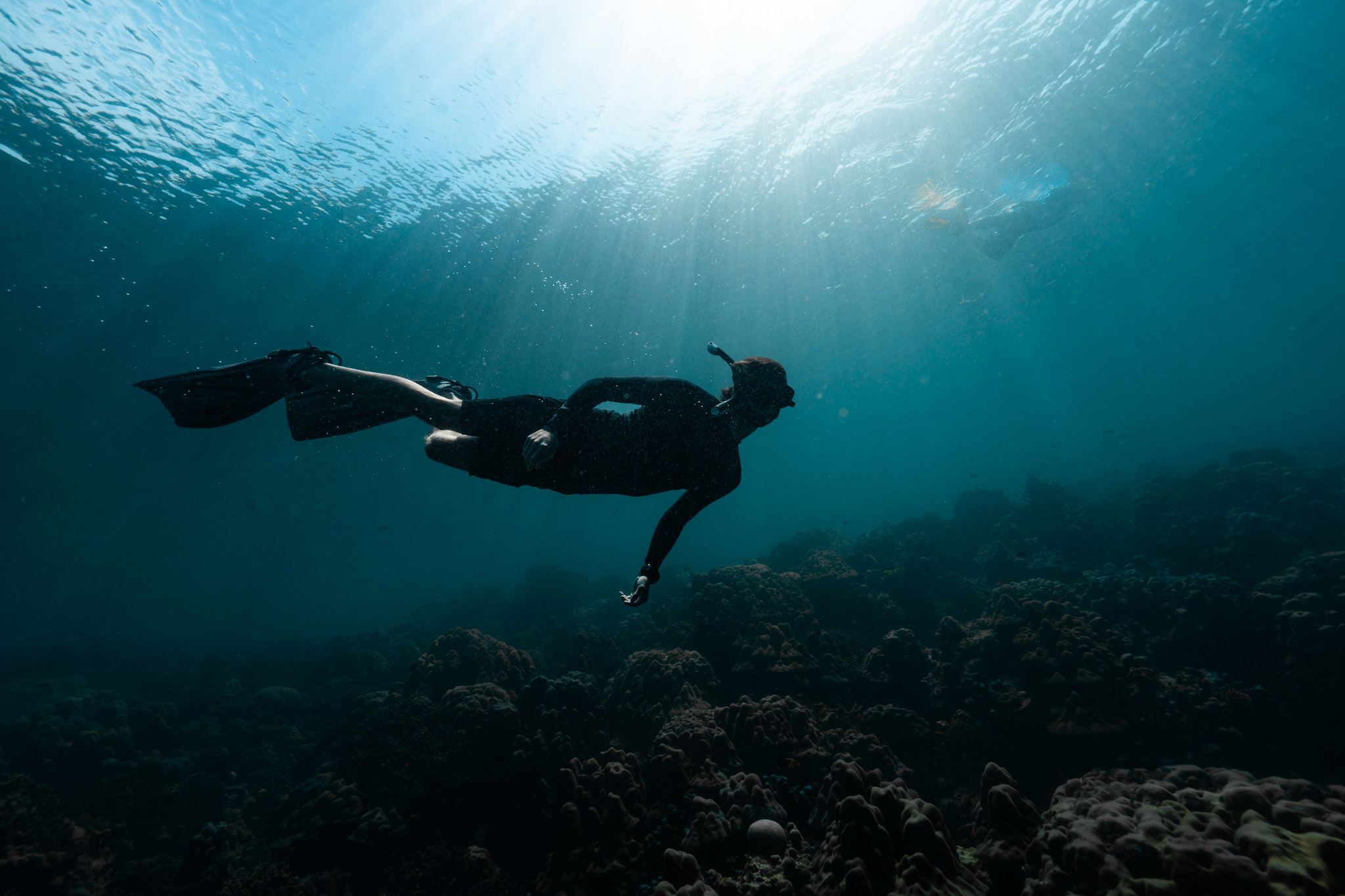
2 Days 1 Night
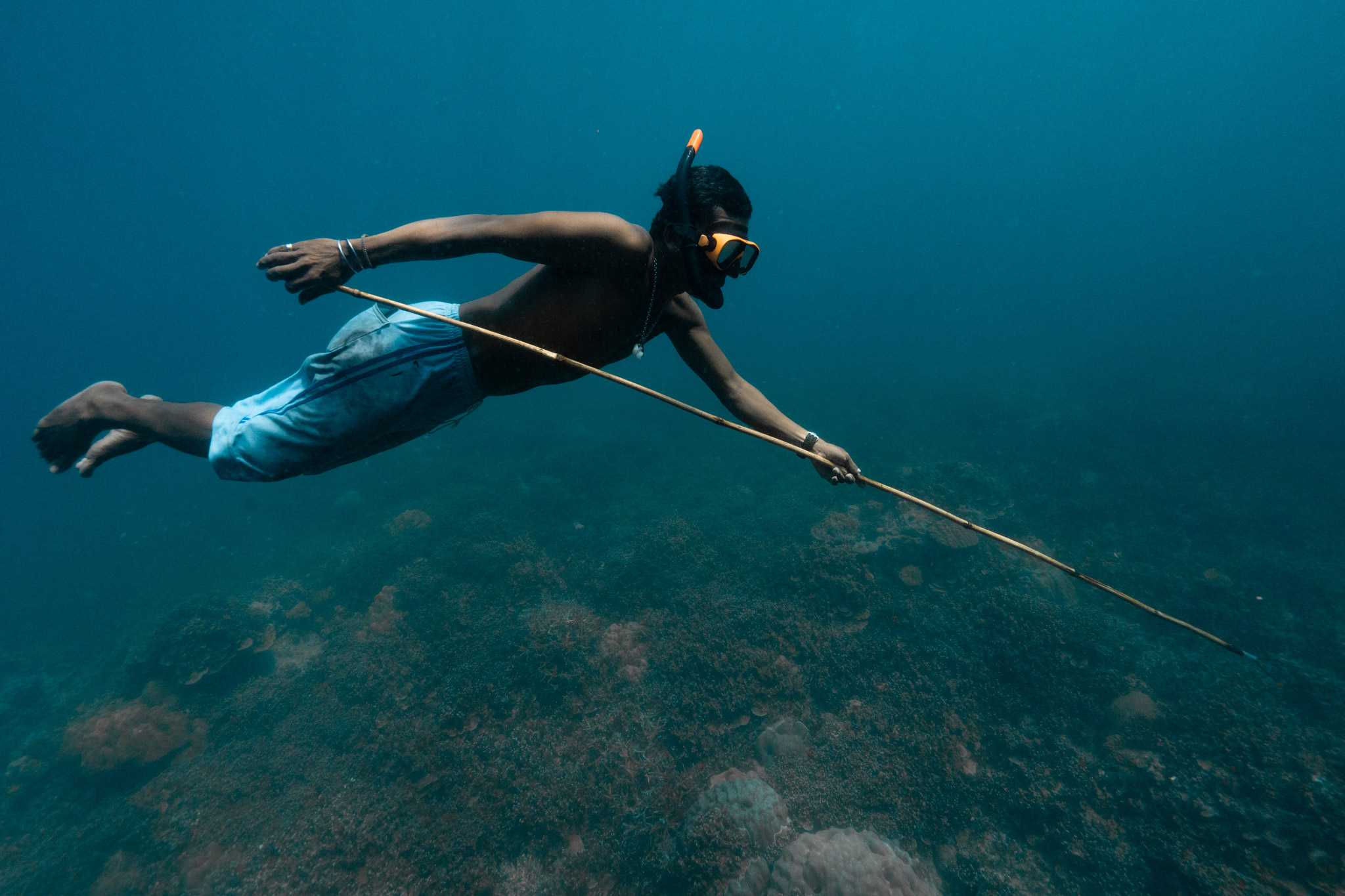
3 Days 2 Nights
Koh Surin National Park
The Surin Islands are home to the Koh Surin National Park. It is open from October through May.
Koh Surin National Park is a paradise of fine white sandy beaches. The hills are covered by thick jungle. Enjoy crystal-clear waters and the most extensive coral reef in Thailand.
It is also home to the Moken Sea Nomads. The park is the ideal place to go for people wanting to connect with nature in its most beautiful and pristine form. No traditional touristy beaches here – with their bars, noise, and crowds.
Andaman Discoveries tours are community driven so we can offer unique Koh Surin tours. We offer both private and ‘join with a group’ tours. Please contact us for more information.
Meet The Moken
Andaman Discoveries is proud to offer an award winning, unique, private tour lead by the indigenous Moken people.
- Leave the crowds behind and immerse yourself in the life on the Moken people.
- During your days on the islands you will be accompanied by a Moken local guide as well as an Andaman Discoveries translator.
- Travel around the islands in a Moken longtail boat
- Have a private tour of the village, their homes and the local nature trails
- Snorkel away from the crowds.
- Witness the impressive swimming and diving skills for which the Moken are renowned.
- Your local guide will point out colorful fish and corals.
Snorkeling
One advantage of Koh Surin is that you don’t need to SCUBA dive to discover some of Thailand’s most extensive marine diversity.
- The shallow reefs are perfect for snorkeling and bursting with vibrant fish and colorful corals.
- Suitable even for those who aren’t confident in the water.
- Witness an abundance of animals, fish and corals.
- If you’re lucky, you may even see turtles and whales in the area.
- Enjoy incredibly clear water.
- The National Park offers two snorkeling trips a day
- You can also hire your own long-tail boat.
- A short boat ride away is Richelieu Rock and Burma Banks, world-class SCUBA destinations for enthusiasts who like to go deeper.
*Note: All meals and accommodation must be had at the national park headquarters.
Accommodation
The National Park on the Surin Islands has two sites: the headquarters and Hat Mai Ngam, both offering beachfront camping, a restaurant, and shower facilities. The headquarter site also has rooms available to rent.
The National Park has quality tents for rent (small and large) but you can also use your own and pay a fee per person. Hat Mai Ngam is a larger site with larger beach.
The restaurants offer Thai food three times a day, which you have to buy coupons for. Food is fine and only slightly more expensive than on the mainland. You can sign up in the morning for a set menu, which always includes lots of fresh seafood.
Moken Sea Nomads
The Moken Sea Nomads are an ancient nomadic sea people who have lived between the Mergui archipelago of Burma and the islands of Thailand’s North Andaman coast for thousands of years. Traditionally nomadic, they would spend most of their time out at sea and moored in sheltered locations during the monsoon season.
In recent years, the Moken have been encouraged to settle to gain Thai citizenship. They are now located in a village called Bon Bay on Koh Surin Tai. You’ll see their spirit poles as you arrive, watching out over the sea.
The Moken are hunters and gatherers and live in harmony with nature. They have a great knowledge and respect for nature, and worship the spirits of the Earth. They rely upon their environment for food, shelter, and for the materials used for making their traditional kabang sailing houseboats.
Their traditional way of life and culture is under threat in many ways, meaning they are no longer able to live purely from the land and from the ocean. Many have to seek employment to earn money to be able to live, which isn’t easy when you have no citizenship, no rights, and suffer from discrimination. The plight of the Moken is a complicated one and highlights the issues surrounding traditional culture and an ever-encroaching developed world.
The Moken do not have a written language, but are good at other languages including Thai and Yawi Malaysian. Their history is retained within oral folklore, passed down from generation to generation. Every April, during the Lobong festival, the Moken worship their ancestors and ask the spirits to take care and protect them.
Visiting the Village
You are encouraged to visit the Moken, but there is a better way of doing this than simply arriving, walking round the village, and staring at people as they go about their daily lives (which is what normally happens). There are few economic opportunities for the Moken, so if you can, rent a Moken long-tail boat to visit the island.
An easy way to contribute is to purchase their hand-woven pandanus leaf mats and bracelets or their intricate model kabang boats. Don’t be tight and haggle — they are very cheap already. With the people that you see, make eye contact and smile, as you are a guest in their village, not in a museum.
Also ask about the Chok Madah Nature/Culture Trail in the Interpretive Center at the Moken village, Large Bon Bay. This is an educational trek across the island highlighting Moken ethno botany, which describes many of the plants traditionally used by the Moken for everything from medicine and food to tools and boat building.
A Moken guide will take you round the trail and the village, highlighting points of interest; you’ll be amazed at their local wisdom. Andaman Discoveries can provide a booklet to accompany this trail, so let us know if you would like a copy before you leave. Hiring a Moken guide also encourages the tribe to embrace and take pride in their fading culture. Don’t give money or modern sweets directly to the children, as they will start to expect it from all visitors and develop a sweet tooth. If you want to make a donation, fresh fruit, vegetables, and rice is much more useful.
IIt’s inspiring to see that pristine paradise still exists, and it’s important for visitors to be sensitive to its conservation. I was grateful for the advice about the best way to visit the Sea Nomads. I felt I had the opportunity to connect and contribute, not stand and stare. – Balle, Volunteer
Sea Turtles
Sea turtles are a common sight while snorkeling. Many species are endangered with several species near extinction.
Their principle threat is the loss of their nesting beaches to development, stimulated by increasing tourist pressure. This has reduced the number of turtles worldwide. Positive action must be taken now to secure their existence in the future.
The principle action is the preservation of their nesting beaches, and the protection of the eggs from theft once laid. Sea turtle still nest on the Surin islands. Two species come ashore to lay their eggs – Hawksbill and Green turtles.
*Note: If you are lucky enough to see one, please do not feed or touch them. You are not allowed on some beaches — this is for a good reason, so please respect this. People walking on the sand can damage the eggs.
Surin Islands – Hands Off!
Please, please, please do not touch any marine life or corals while you are snorkeling. Coral is very delicate and easily broken, taking years to re-grow. Try to maintain your buoyancy to avoid damaging the reef. Wearing a lifejacket can help. Be very aware of your fins, as you may be hitting coral without actually feeling anything. Take your litter home with you and don’t remove any shells or coral.
Remember, take only pictures, leave only footprints!
It’s important we all do our bit to avoid damaging this paradise.




